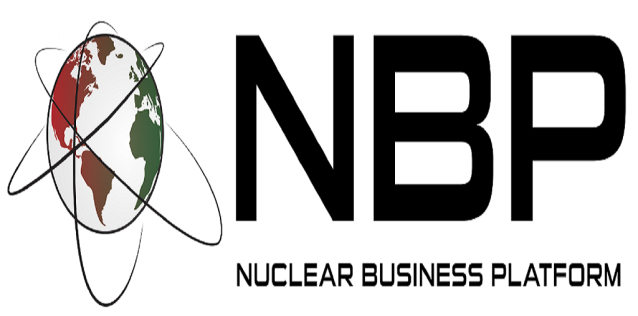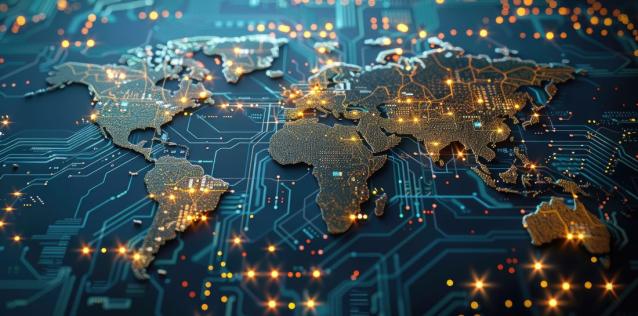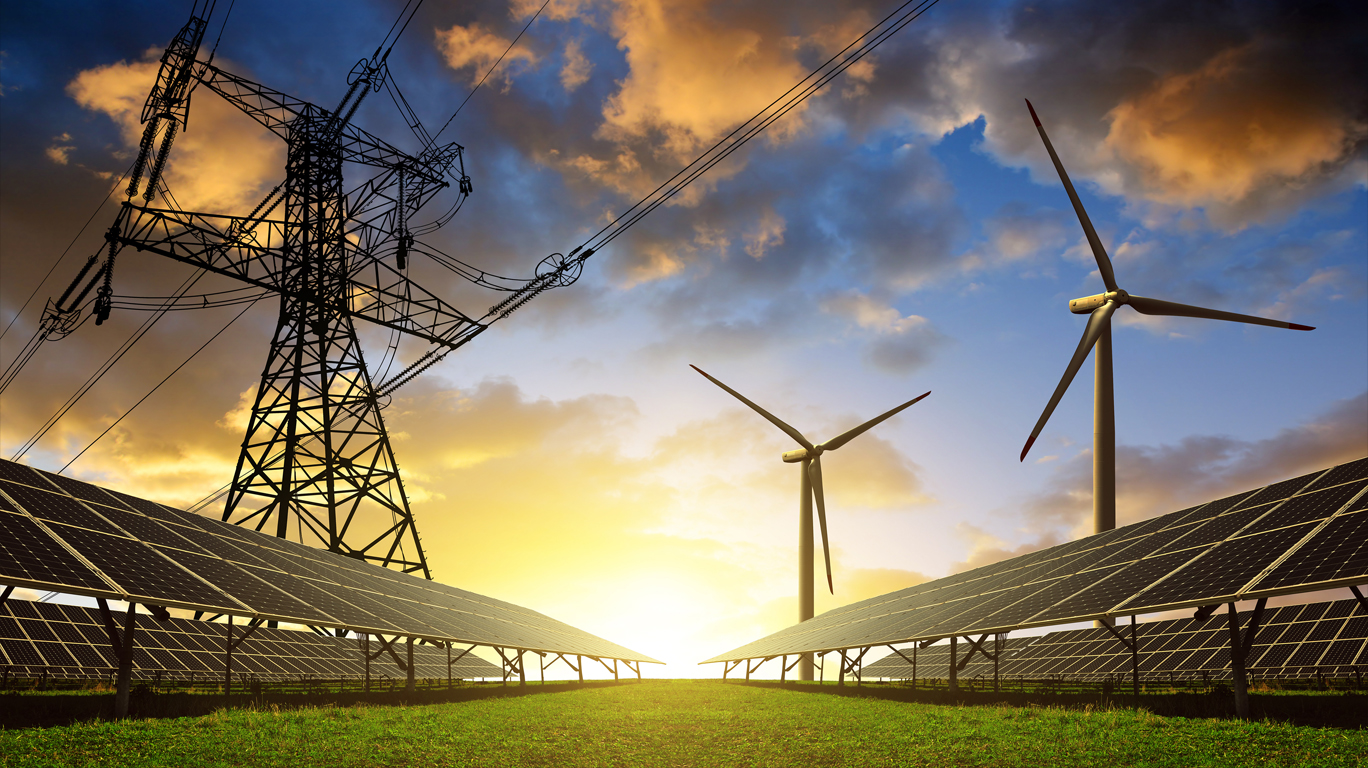Energy Industry
Per ITA’s “U.S. Energy Trade Dashboard,” U.S. exports of energy products, equipment, and technologies totaled nearly $370 billion in 2023. According to the U.S. Energy Employment Report, the U.S. energy industry employed approximately 8.35 million Americans in the same year, a 3% increase from 2022. The United States is a leader in the production and supply of energy and is one of the world’s largest energy consumers. Growing consumer demand and world class innovation – combined with a skilled workforce and robust supply chain in certain industry segments – make the U.S. energy industry globally competitive. U.S. energy companies produce oil, natural gas, coal, and alternative fuels, as well as electricity from renewables and nuclear power. U.S. energy companies further transmit, distribute, and store energy through complex infrastructure networks that are supported by emerging products and services such as smart grid technologies.
Our trade specialists are dedicated to enhancing the global competitiveness of the U.S. energy industry, expanding market access, and increasing exports. The Energy Team uses our presence in 200 global cities to help you foster new business relationships and expand the world-wide presence of U.S. firms.
Featured Events

Mumbai, India
India’s nuclear energy sector is poised for unprecedented growth as the nation pursues its ambitious target of 100 GW nuclear capacity by 2047. With a current installed capacity of 8,780 MW, the Indian government has set a clear roadmap to triple this to 22,480 MW by 2031. The 6th edition of India Nuclear Business Platform conference and exhibition will take place in Mumbai from October 14-15 2025 with NTPC as the Utility Partner and Tata Projects as the Technical Partner.

Milan, Italy
Gastech is the world’s largest exhibition and conference for natural gas, LNG, hydrogen, climate technologies and AI in energy. Convening energy sector leaders, policymakers and innovators to power progress and transform the future of energy.
Hosted in Milan, from 9-12 September 2025, in its 53rd year, Gastech will champion the role of natural gas in delivering affordable, reliable, low carbon energy to meet rising global energy demands.
Over four days, Gastech will convene 50,000 attendees from over 150 countries, 1,000 exhibitors and 1,000 expert speakers, uniting the world’s leading energy professionals to power the sustainable energy ecosystem of tomorrow.
How Can We Help You Expand Your Exports?



Energy Market Intelligence
Croatia is repositioning nuclear energy at the center of its long-term economic strategy
Brazil’s steel industry remains reliant on U.S. metallurgical coal.
UK Accelerates Electricity Grid Upgrades
Smart Grid Interoperability Standards Adoption for Southeast Asia
Gap Analyses for Indonesia, Malaysia, Philippines, Thailand, and Vietnam
This ITA-commissioned study by the Electric Power Research Institute (EPRI) provides fresh insight into the current state of smart grid interoperability standards deployment in five ASEAN markets: Indonesia, Malaysia, the Philippines, Thailand, and Vietnam. It also offers five case studies to educate policymakers on emerging clean technology standards that have been successfully adopted in the United States, but are either excluded in the five ASEAN markets or exist non-preferentially in tandem with other standards.
Smart grid interoperability standards are tools that drive value in the electric power sector by enabling technologies from different vendors across grid domains to interact. Smart grid interoperability standards are crucial for facilitating international trade, modernizing power grids, and increasing the use of renewable energy globally.

Take advantage of this guide to plan your expansion new markets by learning about current market needs, the competitive landscape, best prospects for U.S. exporters, market entry strategies, and more.


